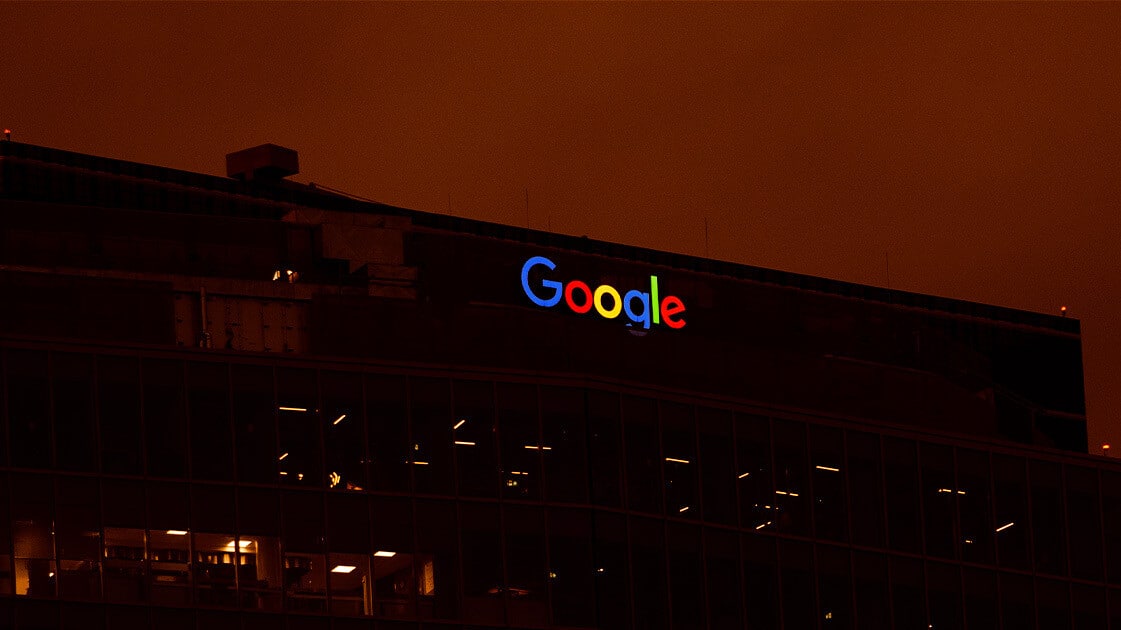
AI is ruining internet with fake content, warn Google researchers
What's the story
Google researchers have published a study warning about the misuse of generative Artificial Intelligence (AI) in creating and spreading fake content online. The paper, yet to be peer-reviewed, was discovered by 404 Media and reveals that most users of generative AI are blurring the lines between authenticity and deception by posting AI-generated or altered content. The researchers concluded that "manipulation of human likeness and falsification of evidence underlie the most prevalent tactics in real-world cases of misuse."
AI accessibility
Advanced AI systems distorting socio-political reality
The study also underscores the issue of generative AI systems becoming more sophisticated and easily accessible, requiring little technical expertise. This situation is distorting people's "collective understanding of socio-political reality or scientific consensus." The misuse of generative AI is leading to an influx of fake content online. The researchers warn that this mass production risks increasing people's scepticism toward digital information and overloading users with verification tasks.
Verification overload
AI misuse challenges verification and shifts burden of proof
The proliferation of fake content is testing people's ability to distinguish between real and fake information. The researchers note that the mass production of low quality, spam-like synthetic content risks "increasing people's scepticism toward digital information altogether and overloading users with verification tasks." They also warn that "high-profile individuals have been able to explain away unfavourable evidence as AI-generated, shifting the burden of proof in costly and inefficient ways."
Future concerns
AI integration may exacerbate misinformation issues
As companies like Google continue to integrate AI into their products, the issues highlighted by the researchers are expected to persist and potentially worsen. The paper does not mention any specific instances where Google itself may have misused this technology. However, Google's actions have allowed false content to proliferate and in some cases may have been the source. This suggests a growing concern about the role of AI in spreading internet misinformation.